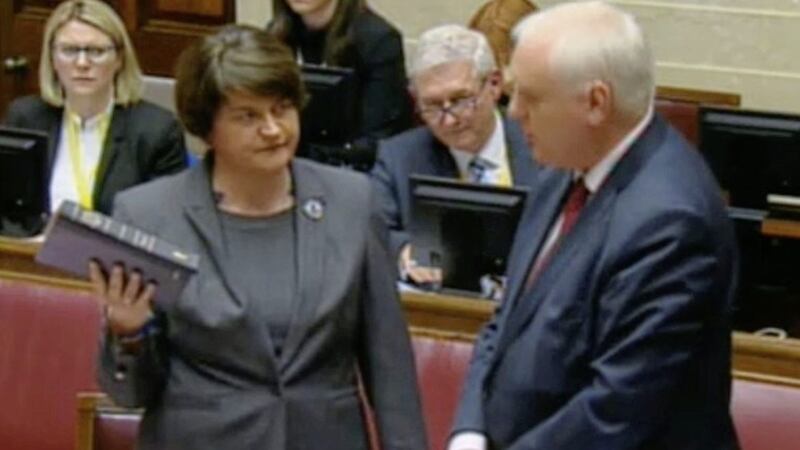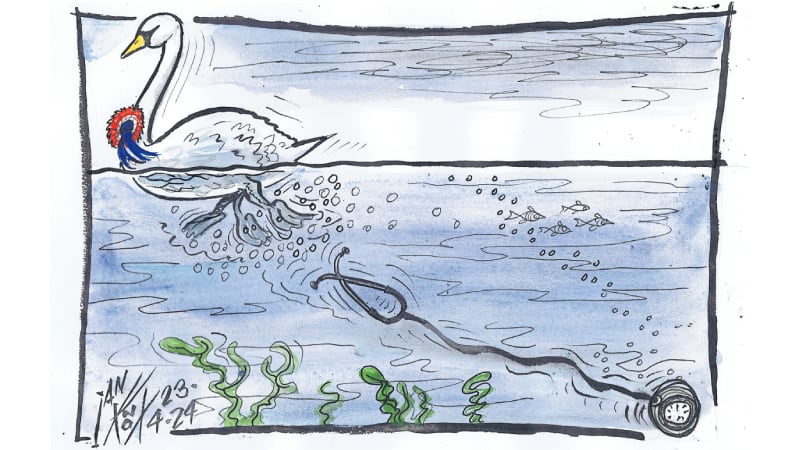WHEN it comes to live political events Arlene Foster's evidence at the RHI inquiry is big box office.
Arguably it was an even bigger draw than her predecessor Peter Robinson's somewhat anti-climatic appearance in front of Stormont's finance committee in 2015 at the height of the now all but forgotten Nama scandal.
The two DUP leaders' respective public grillings are very different in character, however.
Whereas Mr Robinson was being quizzed by fellow MLAs, some from his own party bowling under arm while others launched bouncers, Mrs Foster's interrogation was at the hands of fellow legal professionals, well schooled in the techniques of inquisition.
When politicians scrutinise witnesses they very often use it as an opportunity to point score and are prone to rhetoric and bombast.
The barristers at the RHI inquiry are much more methodical and forensic, steadily laying the groundwork by establishing a series of premises before focussing in on an ostensibly innocuous detail whose significance may only transpire much further down the line.
We were told the DUP leader was to be treated like any other witness and notably, within the first hour of her evidence, both inquiry chairman Sir Patrick Coghlin and senior counsel David Scoffield QC felt obliged to repeat their questions, clearly not satisfied that after a long meandering answer, Mrs Foster had not addressed their specific line of enquiry.
The deliberate and glacial pace of this prolonged probe means those with an expectation of high drama will likely be left disappointed.
The former first minister, who took an oath with the Bible in hand rather than make an affirmation, was dressed plainly in a dark grey trouser suit, her usual crown brooch absent from her lapel, substituted with a less politically charged accessory.
She remained cool throughout the afternoon's polite exchanges, the only indication of any nervousness was a fidgeting with her glasses, which she donned to read written evidence off a desk mounted monitor – though she confessed to preferring hard copies.
Mrs Foster appeared sincere when she welcomed the opportunity to address the inquiry, which whatever its final conclusions, is unlikely to paint her oversight of the RHI scheme in a especially positive light.
In what appeared to be a reference to media coverage over the past 18 months, she said that "up until now" there had been a lot of speculation and misinformation "some of it very malevolent" but she welcomed the opportunity "to look at the facts of what happened".
Borrowing from former US defence secretary Donald Rumsfeld and bamboozling those listening in she said: "There will be known unknowns and unknown unknowns but certainly there seems to be a lot of unknown unknowns."
The approach Mrs Foster has adopted appears not to differ greatly from that she took when first questioned about RHI by this newspaper in October 2016.
Back then, she abdicated responsibility for the botched scheme and seemed affronted that a minister would be expected to "see every single jot and tittle" that went on in their department.
In her initial evidence and that of her former special adviser Andrew Crawford, a theme appears to be developing of laying the blame at the door of department officials.








